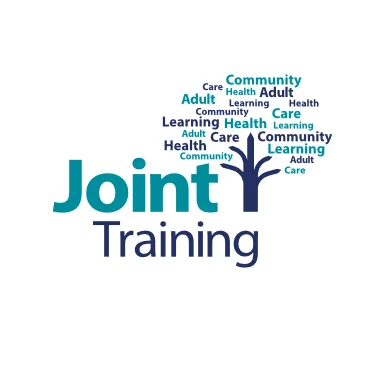Training
Whilst working as a personal assistant you can develop your skills by training, and you’ll have to do some important standard training. This might include moving and handling, safeguarding, health and safety, food hygiene, fire safety or a condition-specific awareness course, such as autism awareness, or supporting people with dementia.
If you're employed your employer can arrange and pay for specific training to help you in your role. They apply for this training via both us and Skills For Care.
If you're self-employed usually training will need to be arranged and paid for by yourself. However, the person you work for can apply for some funding from Skills For Care.
Joint Training
Run by Shropshire Council, established for over 25 years and offering a wide and varied range of courses.

Partners in Care
Partners in Care are a not-for-profit care association supporting independent adult social care providers across Shropshire, Telford and Wrekin. Established in 2003, they exist to represent, upskill and champion our local adult social care providers and their staff.
National training options
Skills For Care
You can also look at increasing your knowledge by completing a care certificate award. The certificate is an agreed set of standards that define the knowledge, skills and behaviours expected of specific job roles in the health and social care sectors.
With experience, you can become a lead care worker, taking on more responsibilities such as creating rotas and supporting with interviews. You can also move into more senior jobs, like managing people or services, if you study for further qualifications, such as a level 5 diploma in leadership and management for adult care, or a degree in social work or nursing. Find out more on career development from the Skills For Care website.
Penderels
Online training
- Care Skills Academy
- Future Learn - PAs and disability support
- Open Learn - free courses
- Kingston Centre for Independent Living
- Social care TV (may include small fee)
We Find Any Learner
We Find Any Learner are offering six fully funded online courses most at “understanding” level in:
- Counselling skills
- Understanding autism
- Mental health first aid
- Children's mental health
- Understanding cancer support
- Safeguarding and prevent
- Specific learning difficulties
Why enrol?
- No fees - learn at no cost to you
- Flexible study - online and self-paced
- Boost your career - gain valuable, accredited skills
